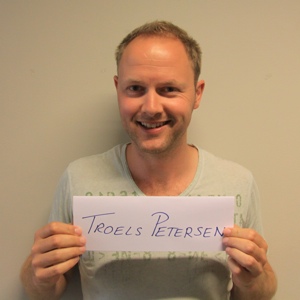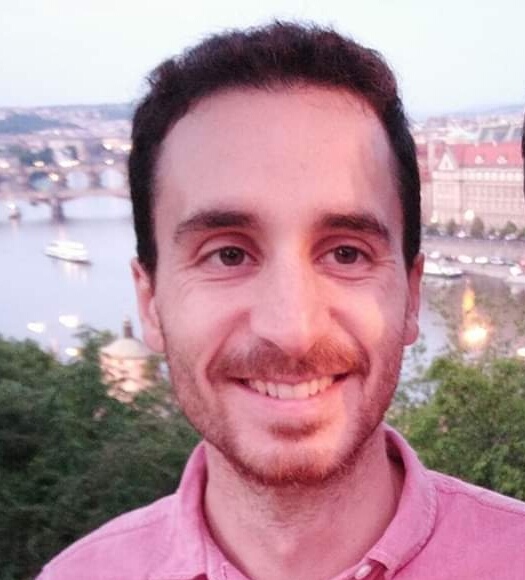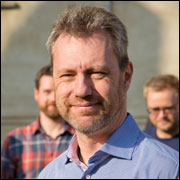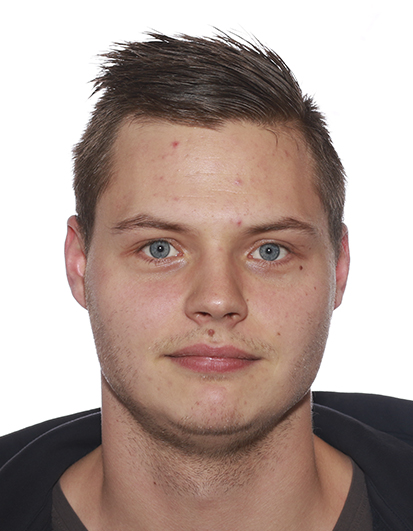Big Data Analysis (Applied Machine Learning), Block 4, 2020
What, when, where, prerequisites, books, curriculum and evaluation:
| Content: | Graduate course on Machine Learning and Big Data usage in science. |
| Level: | Intended for students at graduate level (4th--5th year) and new Ph.D. students. |
| Prerequisites: | Math (calculus and linear algebra) and programming experience (preferably Python). |
| When: | Mondays 13-17 and Wednesdays 9-17 (Week Schedule Group C) in Block 4 (20/04-17/06 2020). |
| Where: | Mondays: Lectures (13-14) + exercises (14-17) in BioCenter 4-0-32. |
| Wednesdays: Lectures (9-10) + exercises (10-12) in NBB 01.0.G.064/070 and Lectures (13-14) + exercises (14-17) in BioCenter 4-0-32. | |
| Format: | Shorter lectures followed by computer exercises and discussion with emphasis on experience and projects. |
| Text book: | References to Elements of Statistical Learning II. |
| Additional literature: | We (and you) will make extensive use of online ML resources, collected throughout the course. |
| Language: | English (occational Danish utterings!). All exercises, problem sets, notes, etc. are in English. |
| Programming: | Primarily Python 3.6+ with a few packages on top, though this is an individual choice. |
| Communication: | Lectures and exercises will be given live via Zoom and a course Slack channel: nbiappliedml2020.slack.com. |
| Discord is also a widely used channel, and this course has a channel under General HCO studying. | |
| Exam: | Final project (possibly virtual) presentations on Wednesday the 10th of June all day (9:00-17:00+). |
| Evaluation: | Small project (40%), and final project (60%), evaluated by lecturers following the Danish 7-step scale. |
| Credits: | 7.5 ECTS (1/8 academic years work, that is 187.5-225 hours of work, thus about 23-28 hours weekly). |
Further course information can be found here: ML2020_CourseInformation.pdf
A (highly recommended) questionnaire for the course will be used for everyone to facilitate student collaboration and group work.
Course exam:
The following are the presentation schedule and guidelines.
Here you find the evaluation form for all the projects (1-10 scale).
Zoom links for the morning session and afternoon session (NOT recorded!).
An introduction can be found here: exam introduction.
Below you can find the presentations of the final projects (10th of June 2020):
Morning session:
Afternoon session:
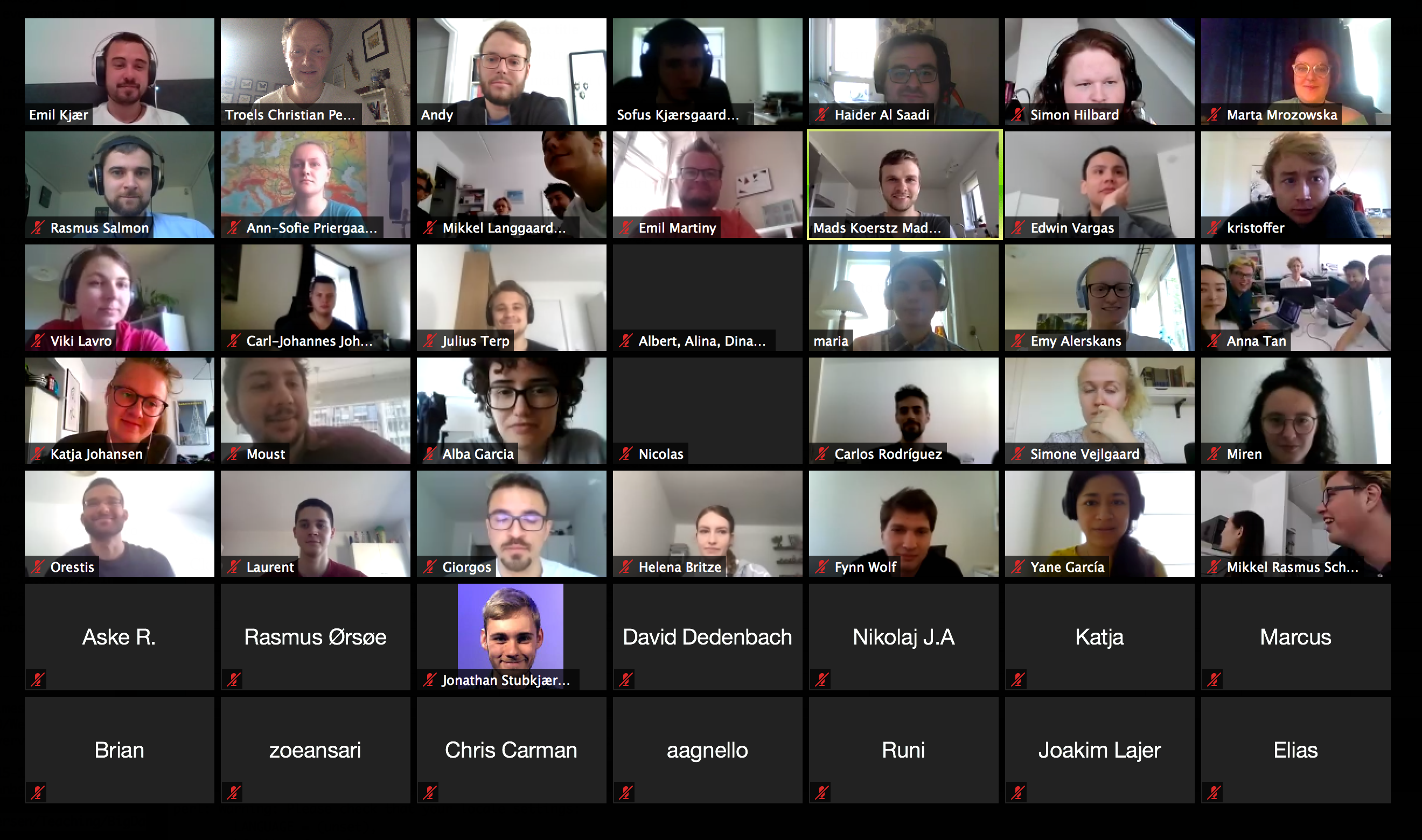
Course outline:
Below is the preliminary course outline, subject to changes throughout the course.
Week 1 (Introduction to Machine Learning concepts and methods):
Apr 20: 13:15-17:00: Intro to course, outline, groups, and discussion of data and goals (TP, AA, BV, ZA, CJ). Overview of Machine Learning techniques (TP).
Exercise: Setup of infrastructure (Github, ERDA, Zoom, Slack). Inspecting data and making "human" decision tree.
Apr 22: 9:15-12:00: Introduction to Tree-based algorithms (TP).
Exercise: Classification of b-quark jets in Aleph data with Tree based methods.
Apr 22: 13:15-17:00: Introduction to NeuralNet-based algorithms (TP).
Exercise: Classification of b-quark jets in Aleph data with Neural Net based methods.
Week 2 (Data collection, training, and optimisation):
Apr 27: 13:15-17:00: Data collection, preprocessing, and dimensionality reduction (AA).
Exercise: Run a (k)PCA on (a) the b-quark data table, and/or (b) the SDSS data table.
Apr 29: 9:15-12:00: Training, Validation, Test, Cross Validation, and introduction to basic machinery (AA).
Exercise: Try to apply cross validation in your training.
Apr 29: 13:15-17:00: Hyperparameters, Overtraining, and Early stopping (CM+AA).
Exercise: Hyperparameter optimisation of simple tree and NN algorithms.
Week 3 (Clustering and Long Short Term Memory networks):
May 4: 13:15-17:00: Introduction to Clustering and Nearest Neighbor algorithms (BV). Small projects start (TP).
Exercise: Try to apply the k-NN (and other) algorithms to e.g. breast cancer and/or the Aleph b-jet data.
May 6: 9:15-12:00: Long Short Term Memory (LSTM) and Recurrent Neural Networks (RNN) (TP, James Avery).
Exercise: Try to make an LSTM predict the next entries in a sinus (periodic) and Mackay (non-periodic) sequence.
May 6: 13:15-17:00: Population Mixture Models (AA).
Exercise: Apply the Expectation-Maximization algorithm to cluster data of your choice.
Week 4 (Computers and networks, Convolutional Neural Networks, and the t-SNE algorithm):
May 11: 13:15-17:00: Infrasturcture: Computers, storage, and networks (BV). Final projects introduction/kickoff.
Exercise: Work on Small project, and coordination of final project.
May 13: 9:15-12:00: Convolutional Neural Networks (DNN) and images (Alexander Topic).
Exercise: Recognize images (in this case handwritten numbers) with Convolutional Neural Networks.
May 13: 13:15-17:00: T-distributed Stochastic Neighbor Embedding (t-SNE) and feature ranking (Alexander Nielsen, TP).
Exercise: Categorise handwritten numbers with unsupervised methods (PCA and t-SNE).
Week 5 (GPUs, Generative Adversarial Networks, and project work):
May 18: 13:15-17:00: GPU accelerated data analysis - Rapids (Mads Kristensen, Nvidia - formerly NBI). Small project should be submitted by 22:00!.
Exercise: Work on Small project, and coordination of final project.
May 20: 9:15-12:00: Generative Adversarial Networks (GANs) and work on final project.
Exercise: Work on final project.
May 20: 13:15-17:00: Work on final project.
Exercise: Work on final project.
Week 6 (CNNs at work, Ethics in ML, and overview of ML methods):
May 25: 13:15-17:00: Using CNNs in beer quality check (Carl-Johannes Johnsen).
Exercise: Work on final project.
May 27: 9:15-12:00: Ethics and Machine Learning (TP).
Exercise: Work on final project.
May 27: 13:15-17:00: Overview of Machine Learning methods (TP).
Exercise: Work on final project.
Week 7 (ML for Supernova dust detection and results on Small Project):
Jun 1: 13:15-17:00: No teaching (Whit Monday).
Jun 3: 9:15-12:00: Supernova dust detection with Machine Learning (Zoe Ansari).
Exercise: Work on final project.
Jun 3: 13:15-17:00: Results and Feedback on small project.
Exercise: Work on final project.
Week 8 (EXAM: Presentations of final project):
Jun 8: 13:15-17:00: Final project work.
Jun 10: 9:15-12:00: Presentations of final projects (TP, AA, BV, ZA, JJ).
Jun 10: 13:15-17:00: Presentations of final projects (cont.) and possibly course evalution.
Here you can see the schedule for the day.
And here you find the evaluation form for all the projects (1-10 scale).
Below you can find the presentations of the final projects given in last years course (on the 10th of June 2019):
Last updated 7th of June 2020.
